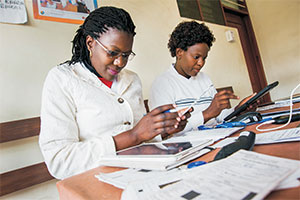The team visited the health facilities in Gomba, Ssembabule, Lwengo, Rakai and Kyotera districts while the health facilities in Nwoya, Buliisa, Kikuube, Hoima, Kakumiro and Mubende districts were previously assessed in May 2019. As part of wider reforms tailored to improving health service delivery in the East African Crude Oil Pipeline (EACOP) corridor, the government is planning a raft of major reforms in the health centres in the districts surrounding the oil region.
According to the Permanent Secretary Ministry of Health Dr Diana Atwine, this will be part of the government’s efforts to revamp the districts health sector and improve efficiency to meet the required standards to benefit all the relevant stakeholders who are going to work in EACOP.
Most of the health facilities will be enhanced with standby ambulances, emergency units, fridges for blood storage as well as re-modeling and refurbishment of some facilities, said Dr Diana.
“Additional equipment will also be provided especially in the operating theatres as well as recruitment of supplementary staff,” Dr Diana continued.
Dr. Joseph Kobusheshe, the Director Environment, Health, Safety and Security Management at PAU said a lot of attention has been given to the development and application of environmental and health management systems as an integral parts of the oil and gas business frameworks.
Dr. Elly Muhumuza, the Chairperson LCV Sembabule district; expressed happiness that the health facilities will be upgraded to international standards, which will be a direct benefit to the local communities.

